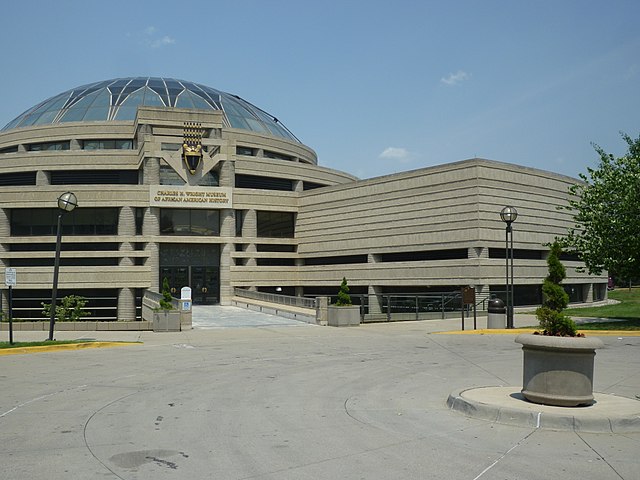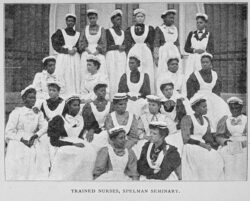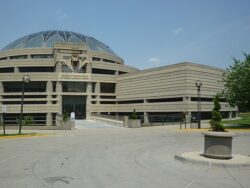
Today in Black History: April 11th
1968 – Fair Housing Act
The Fair Housing Act of 1968 was a federal U.S. Legislation that protects individuals and families from discrimination in the rental, sale, financing, or advertising of housing. The Fair Housing Act allowed buyers and renters to be protected from unfair housing practices, due to the introduction of the G.I. Bill, that made it hard for Black veterans to get the same benefits as white veterans. One of the bill’s strongest supporters was Martin Luther King, Jr., who had been at the forefront of the open housing marches in Chicago in the 1960s. After King was assassinated on April 4, 1968, President Lyndon B. Johnson encouraged Congress to pass the bill as a memorial to the slain civil rights leader before King’s funeral. On April 11, 1968, seven days after King’s assassination, Congress finally passed the Fair Housing Act.
1881– Spelman College Opened

On April 11, 1881, Spelman College, a historically Black liberal arts college for women, opened in Atlanta, Georgia, sponsored by John D. Rockefeller’s family. Spellman’s curriculum focused heavily on teacher training, although the school initiated a nursing program in 1886, and later on developed a missionary training department in 1891. Two women received the school’s first baccalaureate degrees in 1901. Spellman has maintained a tradition of activism, participating in sit-ins and protests that sparked controversy. Approximately, 2,300 students attend Spellman today, offering 26 majors and 25 minors and can now register with any of the five partner institutions in the Atlanta University Center, including Morehouse College and Clark Atlanta University.
1997– Opening of Museum of African American History

The 125,000-square-foot Charles H. Wright Museum of African American History opened in 1997 on April 11, in Detroit’s Midtown neighborhood, the city’s Cultural Center. It bills itself as “the world’s largest institution dedicated to the African American experience.” The building is home to more than 30,000 artifacts and archival materials, including a number of documents from Detroit’s labor movement. Dr. Charles Wright was an obstetrician and gynecologist and was the visionary behind a museum of black history in Detroit. In 1985, the Afro-American Museum and the City of Detroit formed a partnership to build a new facility in the city’s University Cultural Center, securing the funding to complete the $3.5 million facility. “The name of the International Afro-American Museum was changed to the Museum of African American History and ground was broken for a new facility on May 21, 1985. Two years later, the doors of the Museum of African American History were reopened to the public at 301 Frederick.


